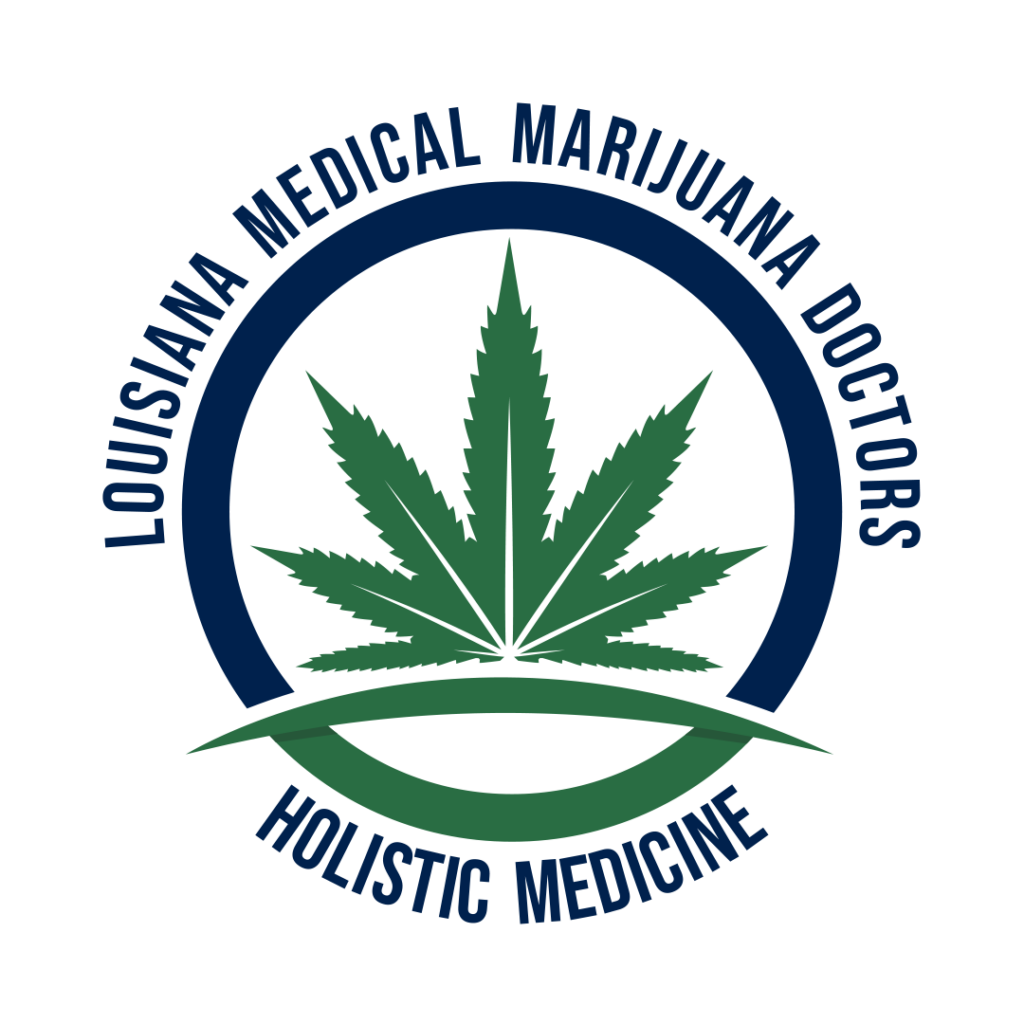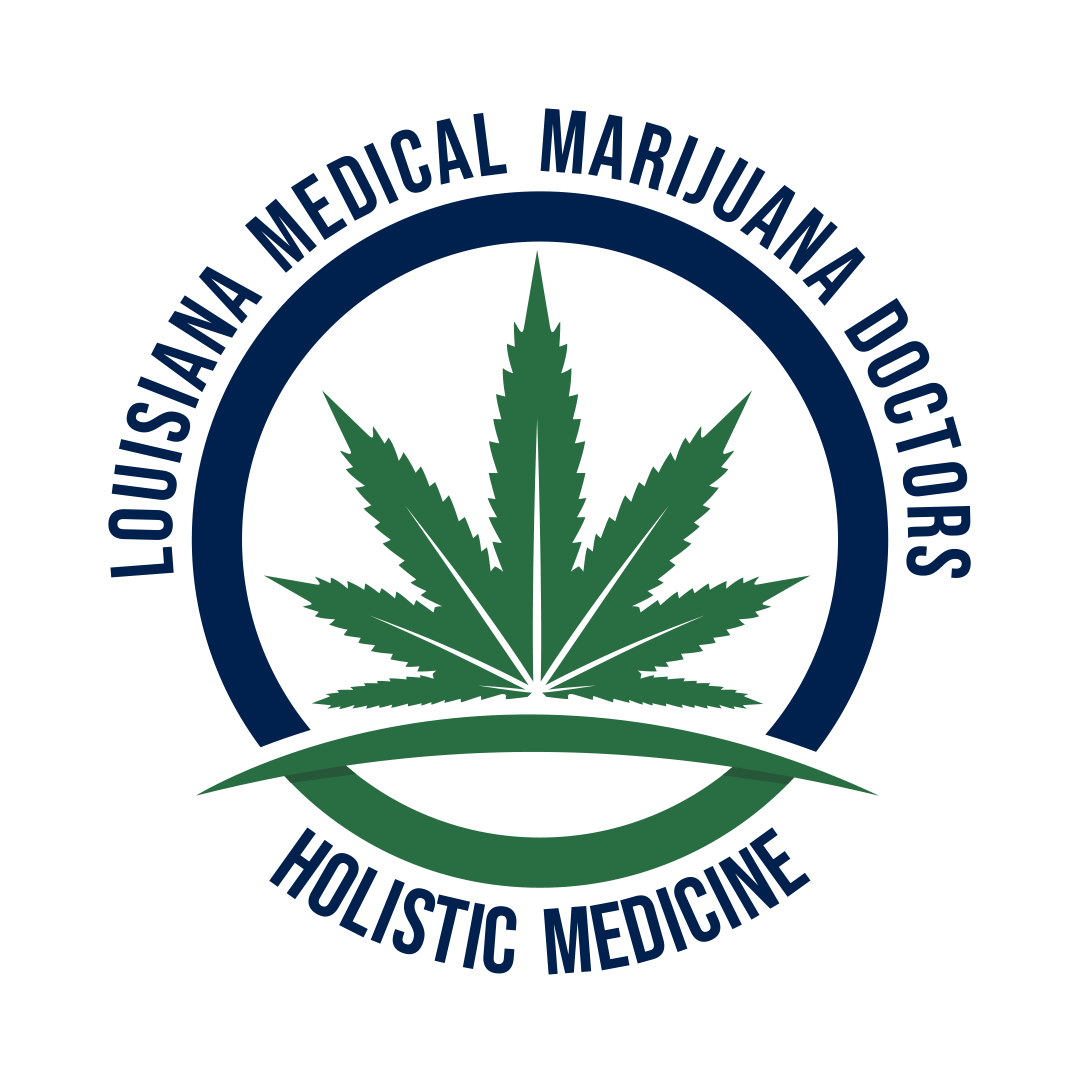Although it has been highly politicized and the subject of much cultural hyperbole over the past few decades, the medicinal properties of cannabis have become more apparent in recent years, paving the way for its widespread legalization for medical and even recreational use.
Over the years, marijuana at certain potency levels has proven to be an effective resource in the successful management of a wide array of serious conditions, including but not limited to:
- Alzheimer’s and Memory Loss
- Mild, Moderate and Sever Pain
- HIV/AIDS
- Severe and Debilitating Nausea
- Glaucoma and Vision Issues
- Cancer Symptoms
- Amyotrophic Lateral Sclerosis (ALS of “Lou Gehrig’s Disease”)
In addition to the above conditions, marijuana with certain tetrahydrocannabinol (THC) concentrations has demonstrated increasingly promising results in helping people over post-traumatic stress disorder (PTSD), a condition that is particularly common among the United States Veteran population.
Data from the United States Department of Veterans Affairs (VA) indicates that rates of PTSD among retired veterans are approximately:
- 20 percent for those who have served in Operations Iraqi Freedom (OIF) and Enduring Freedom (OEF)
- 12 percent for those who have served in the Gulf War (Desert Storm)
- 15 percent for those who have served in the Vietnam War
The agency also reports that around 30 percent rates of lifetime PTSD among veteran populations. Factors that can contribute to PTSD among vets include active combat, the inability to successfully transition to civilian life after active service and more. These factors can, and often do, also lead to increased rates of substance use disorder.
How Can Marijuana Help Veterans with Trauma and PTSD?
Results from an FDA-regulated study, which is among the first of its kind, showed encouraging results for the application of marijuana for the treatment of Veterans with PTSD. The study, published in PLOS ONE, in March 2021, was conducted by the Multidisciplinary Association for Psychedelic Studies. Researchers administered marijuana strains with nine percent THC concentration to one group and 11 percent CBD concentration. All groups were found to tolerate their respective strains well and exhibit decreased symptoms of PTSD.
An earlier 2018 study, one that didn’t involve a placebo-controlled group, indicated a greater decrease in PTSD symptom severity and that cannabis users were more than two and a half times more likely to no longer meet the diagnostic criteria for PTSD. CBD has long been used for the management of many of the symptoms of PTSD, including anxiety and sleep disorder. It’s important to realize that CBD is different than marijuana.
What PTSD Symptoms Can Marijuana Help?
When we examine the symptoms of PTSD and cross-reference them with some of those for which cannabis has been specifically helpful, it makes sense that cannabis, even apart of from THC-concentrated marijuana would be used for the management of trauma.
Some of the more common symptoms include:
- Recurrent Flashbacks of Acute Trauma
- Sleepless Nights and Insomnia
- Fatigue and Emotional Exhaustion
- Muscle and Joint Pain
- Severe Anxiety
- Irritability and Mood Changes
- Periods of Nausea and Sickness
- Inability to Focus
- Emotional Numbness and Apathy
CBD and low-THC have been proven effective in the alleviation of many of these conditions; however, each person’s clinical journey, tolerance, and care needs are different and should be treated as such.
THC, CBD and Marijuana: What’s the Difference?
There is a great deal of misconceptions and misinformation when it comes to the vocabulary of cannabis, so it helps to understand these three key terms and differences between them:
Marijuana – Psychoactive substance derived from the cannabis plant for recreational and medical use.
CBD – The second most active ingredient in marijuana. While CBD is responsible for many of the calming and medicinal effects, it doesn’t contain the psychoactive properties that “get you high”.
THC – THC is, on the other hand, the substance that’s primarily responsible for the psychoactive changes you experience when using marijuana. THC levels determine the potency of different marijuana strains. Lower-level strains are more often used for medicinal purposes rather than recreational.
Different states continue to have their own eligibility requirements, and it’s important to remember that marijuana use is still prohibited under federal law. More specifically, the use, sale, or possession of cannabis over 0.3 percent THC is illegal.
Where Is Marijuana Legal?
Right now, marijuana has fragmented legalization status, from state to state, but continues to be federally banned.
Some states offer legalization for strictly medicinal use; some allow full recreational use:
Legal/Decriminalized Medical Use Only
- Washington
- Oregon
- Nevada
- California
- Arizona
- Montana
- Colorado
- Utah
- North Dakota
- Oklahoma
- Minnesota
- Iowa
- Missouri
- Arkansas
- Louisiana
- Illinois
- Michigan
- Ohio
- Pennsylvania
- West Virginia
- Florida
- New Yok
- Vermont
- Maine
- Massachusetts
- New Jersey
- Delaware
- Alaska
- Hawaii
- Maryland
- New Hampshire
- Rhode Island
Mississippi, New Mexico, Virginia, and South Dakota are currently pending medical legalization.
Legal/Decriminalized Recreational Use
- Washington
- Oregon
- California
- Alaska
- Nevada
- Arizona
- Montana
- Colorado
- Illinois
- Michigan
- New York
- Vermont
- Maine
- New Jersey
- Massachusetts
- Rhode Island
Decriminalization of marijuana means that you won’t be prosecuted for possession of a specified amount. Legalization means that that you cannot be prosecuted under any circumstances for possession of marijuana.
Risks of High THC Marijuana
Although there has been a certain amount of exaggeration around the dangers of marijuana, some of the concern is and continues to be founded. One of the ironic things about high-THC marijuana is that it can have the opposite effects of pure CBD or its low-THC counterpart.
Some examples of this paradox include:
- High-THC weed can decrease blood flow, whereas low-THC can increase it,
- Hight-THC weed can cause paranoia and agitation, whereas low-THC strains can promote anxiety.
- Low-THC marijuana can help with nausea, whereas many patients who use high-THC strains find themselves in the ER because they can’t stop vomiting.
It’s important to understand your tolerance and the exact THC concentration in your strain before consumption. It’s also important to realize that while marijuana isn’t necessarily a “gateway” drug, many who move on to more harmful illicit substances start by using marijuana.
Is Medical Marijuana Right for My PTSD?
If you struggle with PTSD and believe marijuana may be a viable resource to help you manage your symptoms, talk to your doctor about your options and whether it’s right for you. This is a process that you should have your care team help you with, as unknown strains can lead to unpredictable side effects. If you are, in fact, a candidate for marijuana treatment by virtue of your condition, or just happen to live in one of the states that offer full legalization, you should also use the drug responsibly in accordance with your doctor’s advice and continue other PTSD treatment interventions like therapy and counseling.








